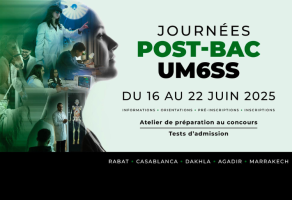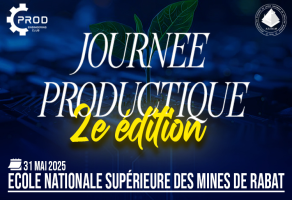English Exam
D isposing of the rubbish we produce every day is a major problem in cities around the world. In Britain, 85% of waste is disposed by landfill, a system which is supposed to prevent pollution, since waste is buried in the ground. This method is far from perfect; however, finding new areas is becoming difficult. Recycling is an increasingly popular way of getting rid of waste, and in Britain a target of recycling half of all domestic recyclable waste has been set for the coming years. A city that has solved its waste disposal problem in an unusual way is Machida, in Japan. They have developed a totally new approach to waste disposal. The key to the operation is public co-operation. Families must divide their rubbish into six categories.
- rubbish that can be easily burnt (combustible), such as kitchen and garden waste.
- non-combustible rubbish such as small electric appliances, plastic tools and plastic toys.
- products that are toxic or that cause pollution, such as batteries.
- bottles and glass containers that can be recycled.
- metal containers that can be recycled.
- large items such as furniture and bicycles.
T he items in categories 1-5 are collected on different days; (large items are only collected on request.) Then the rubbish is taken to a centre that looks like a clean new office building or hospital. Inside, special equipment is used to sort and process the waste. Almost everything can be reused. Kitchen or garden waste becomes fertilizer; combustible items are burnt to produce electricity; metal containers and bottles are recycled and old furniture, clothing and other useful items are cleaned, repaired and resold cheaply or given away. The work provides employment for disabled people and gives them a chance to learn new skills. N owadays, officials from cities around the world visit Machida to see whether they can use some of these ideas and techniques to solve their own waste disposal problems. A. True or false? Justify.
- The British bury all their waste in the ground.
- In Machida old furniture is gathered at weekends.
- The handicapped benefit from the Japanese recycling system.
B. Answer the questions.
- How do the inhabitants of Machida contribute to the new system of waste disposal?
- Do other countries show interest in the Japanese system? Explain!
C. Find a word in the text that means the same as …
- burnable (§ 2)
D. What do the underlined words in the text refer to?
- This method
- they
Key
Exercise A
- False . Only 85 per cent of waste is disposed of by landfill.
- False . It is collected on request.
- True . It gives them a chance to learn new skills.
ExerciseB
- They divide their rubbish into six categories.
- Yes, they do. Officials from cities around the world visit Machida to see whether they can use some of the ideas and techniques to solve their own waste disposal problems.
Exercise C
- combustible
Exercise D
- ‘This method’ refers to landfill
- ‘ they’ refers to officials from cities around the world
احصل على الدروس الآن
أدخل رقم هاتفك للحصول على محتوى تعليمي حصري












































